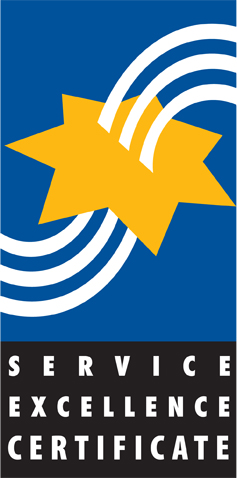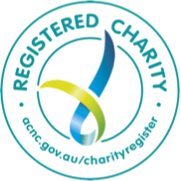History of ARAS
Advocacy services for residents of Australian Government subsidised aged care facilities, high and low care, have been funded in every State and Territory in Australia since the introduction of the Consumer Rights initiatives in 1989. Advocacy agencies were introduced following research indicating the vulnerable position of older people in residential facilities, heightened by their frequent physical or mental frailty.
ARAS is the South Australian component of this network and was launched in 1990.The ARAS Residential Care Program provides advocacy support to consumers of Australian Government subsidised aged care services, or their representatives.
The service expanded in July 1991 with funding from the Home and Community Care (HACC) Program, to provide systems advocacy as an element of the HACC Consumer Rights Strategy. ARAS expanded with further HACC program funding in 1994 to provide individual advocacy assistance to older people using HACC funded services and their carers.
Funding for the Abuse Prevention Program began in 1997 to assist older people who are at risk of, or experiencing, abuse by someone they should be able to trust.
The Aboriginal Advocacy Program began in 2003. This program is in collaboration with the Council of Aboriginal Elders S.A.
The Retirement Village Advocacy Program began in 2014.
Over the years ARAS has also undertaken numerous projects, some in South Australia, others were national.
Contact
Aged Rights Advocacy Service Inc.
-
Location:
175 Fullarton Road
Dulwich SA 5065 -
Mailing Address:
175 Fullarton Road
Dulwich SA 5065 - Phone: (08) 8232 5377
- Free Call: 1800 700 600 Aged Care Advocacy Line (toll free)
- Fax: (08) 8232 1794
- Email Address: aras@agedrights.asn.au
Acknowledgement of Country
Aged Rights Advocacy Service acknowledges the traditional owners of our country and pays respect to Elders past and present. We recognise and respect their cultural heritage, beliefs and relationship with their country.
Please be aware that this site may contain the names and/or images of deceased Aboriginal people. ARAS acknowledges that to some Aboriginal communities, it is distressing to show images and mention names of people who have died.
© 2017 - 2026 Aged Rights Advocacy Service (ARAS)



